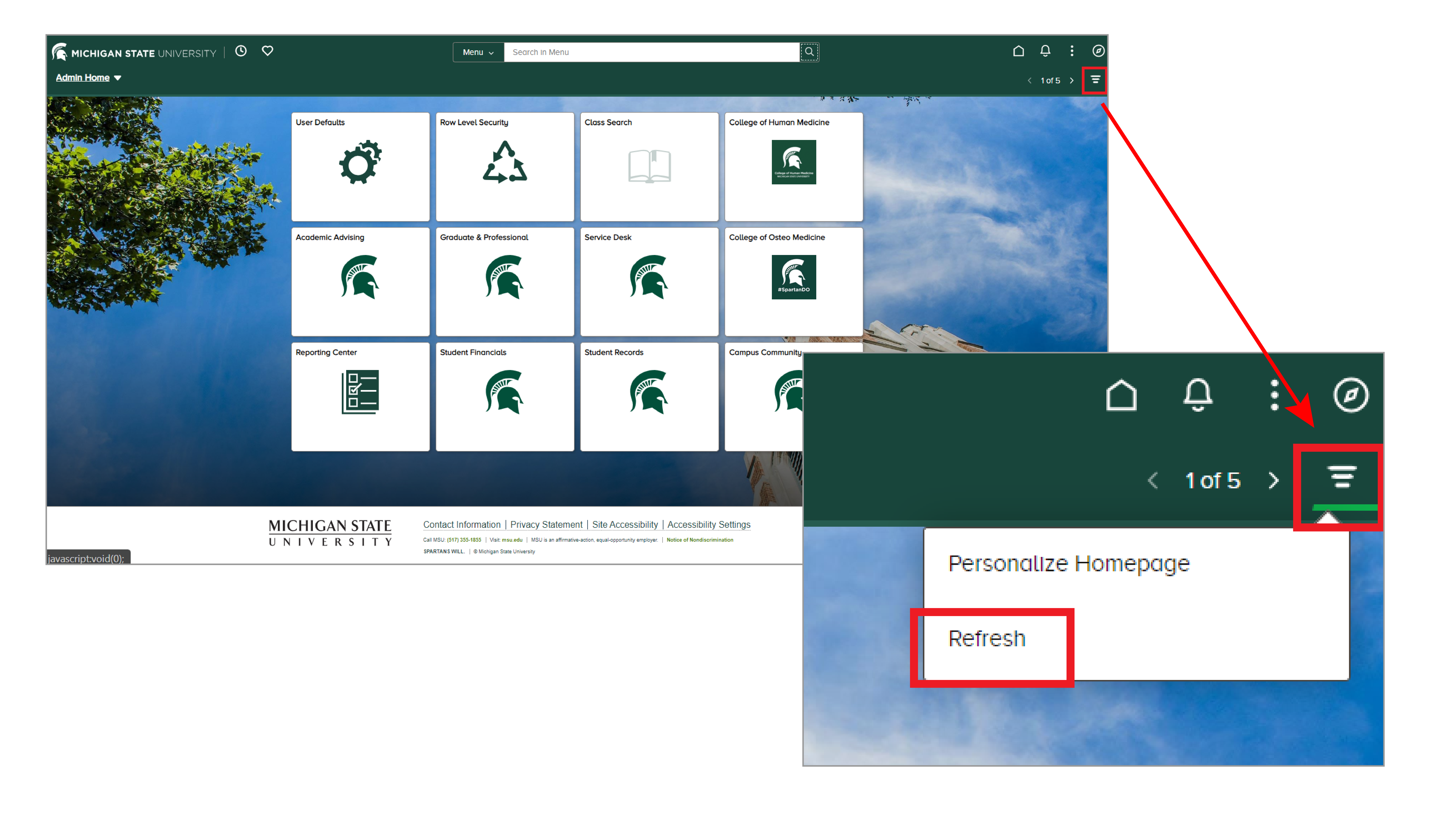What Is MSU.SIS? Exploring The Michigan State University Student Information System
In today's digital age, educational institutions increasingly rely on sophisticated software systems to manage student information effectively. One such system is MSU.SIS, the Michigan State University Student Information System. This platform plays a critical role in organizing and maintaining student data, ensuring smooth operations across the university. Understanding what MSU.SIS is and how it functions can provide valuable insights for both current and prospective students.
As part of the broader trend toward digital transformation in education, MSU.SIS exemplifies how modern technology can enhance administrative efficiency and improve the student experience. By centralizing various aspects of student management, this system streamlines processes that were previously manual and time-consuming.
This article aims to provide a comprehensive overview of MSU.SIS, covering its features, benefits, and impact on the university community. Whether you're a student, faculty member, or administrator, understanding this system can help you navigate university operations more effectively.
Read also:Ken Carson New Tattoo 2024 A Deep Dive Into The Ink Thatrsquos Making Waves
Table of Contents
- Overview of MSU.SIS
- History and Development
- Key Features of MSU.SIS
- Benefits for Students and Staff
- Implementation Process
- Data Security Measures
- Challenges and Solutions
- Usage Statistics and Impact
- Future Developments
- Frequently Asked Questions
Overview of MSU.SIS
Understanding the System
MSU.SIS serves as the backbone of administrative operations at Michigan State University. This system manages a wide range of student-related data, including academic records, financial information, and registration details. By integrating various functions into one platform, MSU.SIS enhances the efficiency of university operations.
Core Functions
The system's primary functions include:
- Student registration and enrollment management
- Grade tracking and reporting
- Financial aid processing
- Communication tools for students and staff
History and Development
MSU.SIS has evolved significantly since its inception. Initially developed to address the growing need for digital solutions in education, the system has undergone several updates and enhancements to meet modern demands. This section explores the key milestones in its development and the driving forces behind its evolution.
Key Features of MSU.SIS
Comprehensive Data Management
One of the standout features of MSU.SIS is its ability to manage vast amounts of data efficiently. The system allows for seamless integration of various datasets, ensuring that all relevant information is readily accessible.
Customizable User Interfaces
Recognizing the diverse needs of its users, MSU.SIS offers customizable interfaces tailored to different roles within the university. This flexibility enhances user experience and productivity.
Benefits for Students and Staff
For Students
Students benefit from MSU.SIS through improved access to their academic records and simplified registration processes. The system also provides tools for planning academic schedules and tracking progress toward degree completion.
Read also:Indonesian Coffee Sf A Brewed Experience In The Heart Of San Francisco
For Staff
Faculty and administrative staff find MSU.SIS invaluable for managing student data, communicating effectively, and streamlining administrative tasks. The system's robust reporting capabilities also aid in decision-making processes.
Implementation Process
Implementing MSU.SIS involved careful planning and collaboration between various stakeholders. This section outlines the steps taken to ensure a smooth transition to the new system and the training provided to users.
Data Security Measures
Protecting Sensitive Information
Data security is a top priority for MSU.SIS. The system employs advanced encryption techniques and access controls to safeguard sensitive student information. Regular audits and updates ensure that security measures remain effective against evolving threats.
Compliance with Regulations
MSU.SIS adheres to all relevant data protection regulations, including FERPA (Family Educational Rights and Privacy Act). This commitment to compliance ensures that student data is handled responsibly and ethically.
Challenges and Solutions
Despite its many advantages, MSU.SIS has faced challenges during its implementation and operation. This section discusses common issues encountered and the strategies employed to address them, ensuring the system continues to meet user needs effectively.
Usage Statistics and Impact
Statistics reveal the significant impact MSU.SIS has had on university operations. With thousands of active users, the system processes millions of transactions annually, demonstrating its critical role in supporting the university's mission.
Future Developments
Innovative Enhancements
Ongoing research and development efforts aim to enhance MSU.SIS further, incorporating emerging technologies like artificial intelligence and machine learning. These innovations promise to make the system even more efficient and user-friendly.
Expanding Functionality
Plans are underway to expand MSU.SIS's capabilities, adding new features that address evolving needs within the educational landscape. This forward-thinking approach ensures the system remains relevant and effective.
Frequently Asked Questions
Common Queries About MSU.SIS
Addressing common questions about MSU.SIS helps clarify its functionality and benefits. Below are some frequently asked questions and their answers:
- What types of data does MSU.SIS manage?
- How secure is student information within the system?
- Can users customize their experience with MSU.SIS?
Additional Resources
For more detailed information, users can refer to the official MSU.SIS documentation and support resources. These materials provide in-depth guidance on using the system effectively.
Conclusion
In conclusion, MSU.SIS represents a vital component of Michigan State University's administrative infrastructure. By providing comprehensive data management, enhancing user experience, and ensuring data security, this system plays a crucial role in supporting the university's educational mission.
We encourage readers to explore the system further and take advantage of its many features. Your feedback and questions are valuable, so please feel free to leave comments or reach out with any inquiries. Additionally, consider sharing this article with others who may benefit from understanding MSU.SIS better.
Data sources and references include official MSU publications, academic studies on educational technology, and industry reports on student information systems. These resources contribute to the accuracy and reliability of the information presented here.


